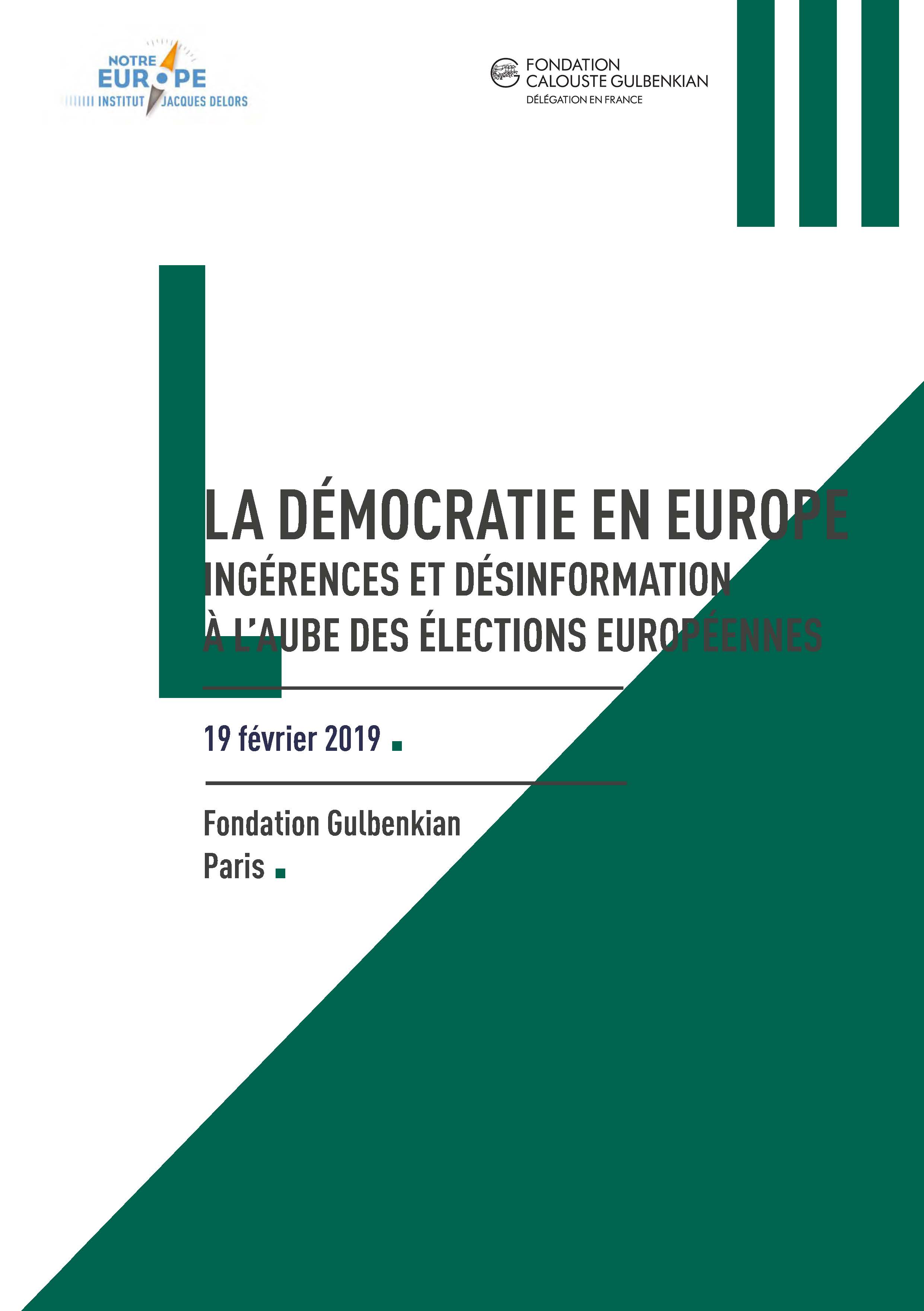
Vladimir Putin is committed to dividing and destroying the West’s democracies, according to a former confidante.
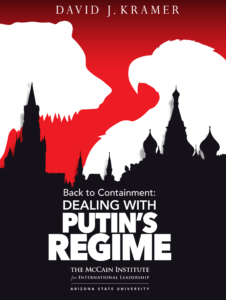 From our conversations in 1992, I realized that Mr. Putin understood that it was not the West, but the Soviet socialist system that was responsible for the social and economic downfall of the Soviet Union, says Franz J. Sedelmayer. It was after he became president in 2000 that he worried increasingly about Russia’s political and economic failures and bemoaned a lack of what he considered proper respect from the West — and turned Russia inward with ideology and religion as tools, he writes for the New York Times:
From our conversations in 1992, I realized that Mr. Putin understood that it was not the West, but the Soviet socialist system that was responsible for the social and economic downfall of the Soviet Union, says Franz J. Sedelmayer. It was after he became president in 2000 that he worried increasingly about Russia’s political and economic failures and bemoaned a lack of what he considered proper respect from the West — and turned Russia inward with ideology and religion as tools, he writes for the New York Times:
And yet, living in America, I couldn’t help noticing that the media there are reticent when it comes to telling its audiences that Mr. Putin’s Russia will never be democracy’s friend. Volodya’s Russia wants to divide and to destroy democracies. To that end, Volodya employs his Kremlin apparatus, notably the shadowy and largely unknown Presidential Property Administration of the Russian Federation, or UdPRF.
“A former K.G.B. officer, he understands how to use disinformation (deza), lies (vranyo), and compromise (kompromat) to create chaos in the West and at home,” he adds.
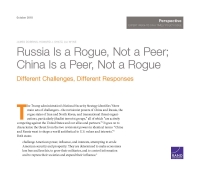 Russian efforts to subvert Western democracies provide a powerful rationale for some sort of U.S. counter-campaign to serve as retribution, reestablish a degree of deterrence in this domain, and create the basis for future mutual restraint in such activities, says a new RAND report:
Russian efforts to subvert Western democracies provide a powerful rationale for some sort of U.S. counter-campaign to serve as retribution, reestablish a degree of deterrence in this domain, and create the basis for future mutual restraint in such activities, says a new RAND report:
Putin has proved highly sensitive to perceived efforts to undermine his domestic support and seems to harbor exaggerated fears of a Russian “color revolution” on the Ukraine or Georgia models—that is, popular protests and action that lead to the replacement of a government or regime. Influencing a Russian domestic audience will be difficult, but stronger U.S. efforts to do so will certainly get Putin’s attention.
Affecting foreign opinion about Russia will be an easier goal for U.S. information operations, the RAND analysis adds.
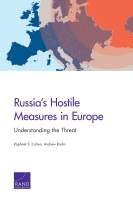 In a separate report – on Russia’s Hostile Measures in Europe – RAND details the Kremlin’s wide range of “measures short of war” to exert influence across Europe and outlines options for countering them. Russia uses a wide range of hostile measures—also known as measures short of war—to exert influence across Europe, notes RAND report, outlining options for how to counter them.
In a separate report – on Russia’s Hostile Measures in Europe – RAND details the Kremlin’s wide range of “measures short of war” to exert influence across Europe and outlines options for countering them. Russia uses a wide range of hostile measures—also known as measures short of war—to exert influence across Europe, notes RAND report, outlining options for how to counter them.
The U.S. could hack and release embarrassing information about Putin’s personal wealth as a bargaining chip to convince him to halt digital attacks, say David Maxwell and Annie Fixler with the Foundation for Defense of Democracies. U.S. officials could also release information about corrupt business practices by Chinese Communist Party officials or Iran’s theocratic rulers with similar goals, they add.
“This generated from our thinking about where our adversaries are weak and we’re strong,” Fixler told the Post’s Vincent Marks, highlighting an idea from the think tank’s “Midterm Assessment” of the administration’s foreign and national security policies.
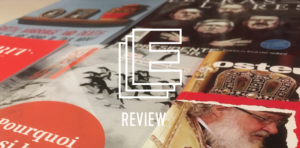
Eurozine
Internet technologies are being used in ways that raise far-reaching questions about democratic resilience and sustainability, although this is not to downplay the capture of the internet in authoritarian settings, adds Eurozine, a partner of the National Endowment for Democracy:
As sinologist and political scientist Katika Kühnreich explains, China’s ‘Social Credit Systems’ operate a form of gamified control that the Chinese government plans to introduce nationwide, so that by the end of the decade the entire nation could be under surveillance…..Russia’s ‘hybrid war’. As political scientist Mark Galeotti writes, this entails more than a combination of covert and overt aggression.
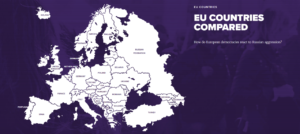
KremlinWatch
The European Commission and the Member States are increasingly concerned about the safety, integrity and legitimacy of the forthcoming European elections. The threats are indeed many and varied: voluntary and massive dissemination of misleading content, use of false accounts to increase the scope and virality of certain political messages, strategic hacking, cyberattacks on the electoral infrastructure, leakage of compromising information, etc., notes the Jacques Delors Institute (above).







